2021 Update:
No new updates have been made on hemp and CBD laws in Kansas.
In addition to the federal hemp laws laid out in the 2018 Farm Bill, each state has its own state hemp laws. Before we dive in on Kansas Hemp Laws and the legality of CBD in Kansas, it is important to understand the different types of hemp and CBD products that these laws may be applied to.
There are many (somewhat confusing) terms for hemp oil:
- Isolate or THC-Free Hemp Oil has only CBD and all other plant compounds have been removed, THC is undetectable. Pure CBD Isolate can also be purchased in powder form.
- Full-Spectrum Hemp Oil has all plant compounds, including less than 0.3% THC.
- Broad-Spectrum Hemp Oil has undetectable THC, but contains other plant compounds.
- PCR (Phytocannabinoid-Rich) Hemp Oil with Zero-THC is a new marketing term for broad-spectrum hemp oil.
- CBG Hemp Oil is a hemp oil from a cannabigerol (CBG) rich hemp strain that has more CBG than is found in CBD Hemp Oil.
- Hemp Flower is the dried and harvested flower of the hemp plant. It can be used whole or extracted to make CBD isolate, Full-Spectrum CBD, or Broad-Spectrum CBD (PCR Hemp Oil).
FAQ: Hemp and CBD Legality in Kansas
When it comes to buying CBD products, hemp flower, and hemp cigarettes here are some frequently asked questions that come up:
Is Full Spectrum CBD Legal in Kansas?
That is a trick question because full-spectrum CBD is not the same as the so-called PCR Hemp Oil! This new marketing term is certainly introducing even more confusion around CBD products.
The Kansas hemp law SB 282 removed CBD from the state's definition of marijuana. However, unlike other states, Kansas only allows CBD isolate products. CBD in Kansas is not allowed to contain any THC, which makes hemp flower, hemp pre-rolls, and full-spectrum CBD products illegal to sell or possess. Kansas hemp laws tightly limit the type of CBD and hemp products that can be produced and sold in Kansas. No consumable products seem to be legal, which appears to leave CBD isolate topicals as the only completely legal form of CBD in Kansas.
It shall be unlawful for any of the following hemp products to be manufactured, marketed, sold or distributed by any person in the state of Kansas:
(A) Cigarettes containing industrial hemp;
(B) cigars containing industrial hemp;
(C) chew, dip or other smokeless material containing industrial hemp;
(D) teas containing industrial hemp;
(E) liquids, solids or gases containing industrial hemp for use in vaporizing devices; and
(F) any other hemp product intended for human or animal consumption containing any ingredient derived from industrial hemp that is prohibited pursuant to the Kansas food, drug and cosmetic act, K.S.A. 65-636 et seq., and amendments thereto, and the commercial feeding stuffs act, K.S.A. 2-1001 et seq., and amendments thereto. This subparagraph shall not otherwise prohibit the use of any such ingredient, including cannabidiol oil, in such hemp products.K.S.A. 2-3908. New Sec. 5.
Is It Legal to Ship PCR Hemp Oil to Kansas?
It is legal to ship ALL types of hemp products with less than 0.3% THC to all US States according to the 2018 Farm Bill.
Where to Buy Full Spectrum CBD Oil in Kansas?
You can buy CBD in Kansas stores or online, but only CBD isolate products are legal. Smokable products, foods, drinks, and tinctures (anything smokes or consumed) are all technically illegal in Kansas even though they may be widely available.
Do you need a special license to purchase PCR Hemp Oil in Kansas?
You don’t need a special license to purchase CBD hemp oil (all types) in Kansas, only to grow, test, or sell products.
How Does Kansas Legally Define Hemp?
“Industrial hemp” means all parts and varieties of the plant cannabis sativa L, whether growing or not, that contain a delta-9 tetrahydrocannabinol concentration of not more than 0.3% on a dry weight basis.
KANSAS STATUTES ANNOTATED: Chapter 2 – Agriculture: Article 34 – Industrial Hemp
Growing and Selling Hemp in Kansas
Kansas hemp growers and handlers must be registered and licensed with the state. They have a defined legal process to follow. Retail Hemp and CBD products must comply with Kansas hemp laws:
- Products must contain ZERO THC
- Products must come from a registered farm
- Products must be tested by a licensed laboratory
- Only certified hemp seed can be cultivated
- The THC must be reported as “total THC”
In addition to Kansas state CBD laws and the 2018 Farm Bill hemp laws, the US Food and Drug Administration (FDA) has additional requirements for CBD and hemp companies to meet. Kansas state hemp laws allow for CBD products such as:
- CBD isolate topicals
- Industrial hemp for building or fiber materials
- Industrial hempseed (food product)
- Industrial hempseed oil (food product)
Kansas Hemp Laws and the 'Gray Area'
Like many states, Kansas is trying to figure out how to regulate CBD products in a way that pleases the FDA, consumers, farmers, manufacturers, and retailers. And also like many states, CBD products are widely available despite their contested legal status.
The most unusual aspect of the CBD industry in the US is how such a massive and profitable industry can languish without clear regulation across 50 states with 50 different unique requirements. How long will this hemp market madness keep up? No one truly knows, but it will surely take some time for the federal government to get itself together amid its numerous other problems.
Like many states, Kansas hemp laws do not legalize CBD products. The FDA is currently not completely prohibiting hemp and CBD products entirely, but no CBD product is literally 100% legal in all 50 states. That is because state laws are in place that regulate CBD differently in each state.
There are some CBD products that are explicitly illegal federally like CBD gummies, and any product where CBD is added to food or drink. Any product with more than 0.3% delta-9-THC is also federally illegal.
When it comes to states, each has different requirements for what they consider to be the amount of THC in a product. Some states require less than 0.3% delta-9-THC while others require THC to be more accurately reported as delta-9-THC + THCA, multiplied by the amount of THCA that can be activated and converted to delta-9-THC when heated. This more accurate THC calculation is not always the calculation used on labeling.
Labeling requirements for CBD products also vary by state and not all products can be legally retailed in all 50 states. When it comes to CBD, it is very important to actually read the state laws and understand that a product that is not produced in your state might not be legal to buy, sell, use, or possess. A good example of this are Louisiana, Indiana, North Carolina, and Kentucky which prohibit any smokable CBD or hemp product including flower, concentrates, and vapes! There are also states like Idaho where hemp and CBD are both illegal and heavily penalized.
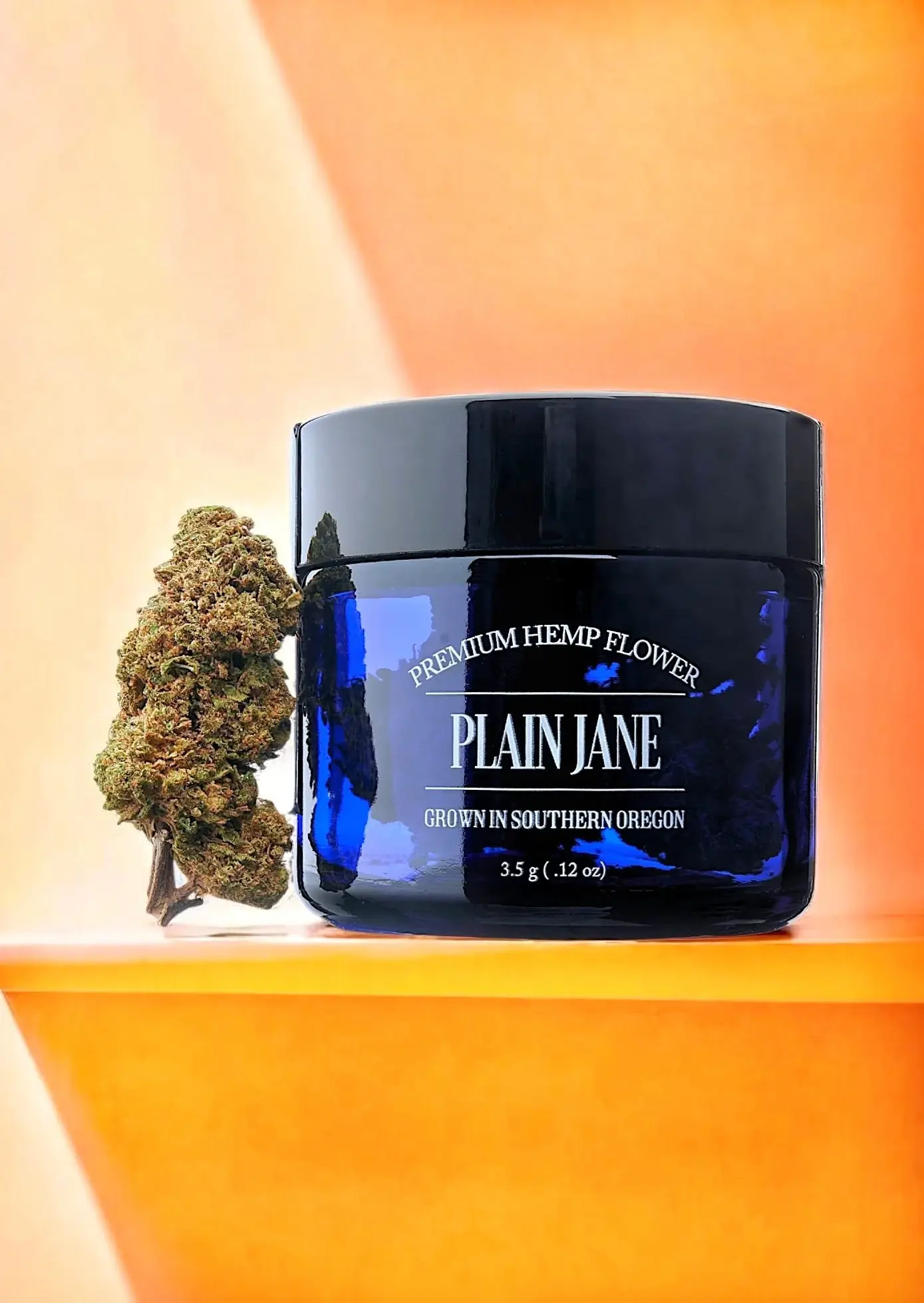
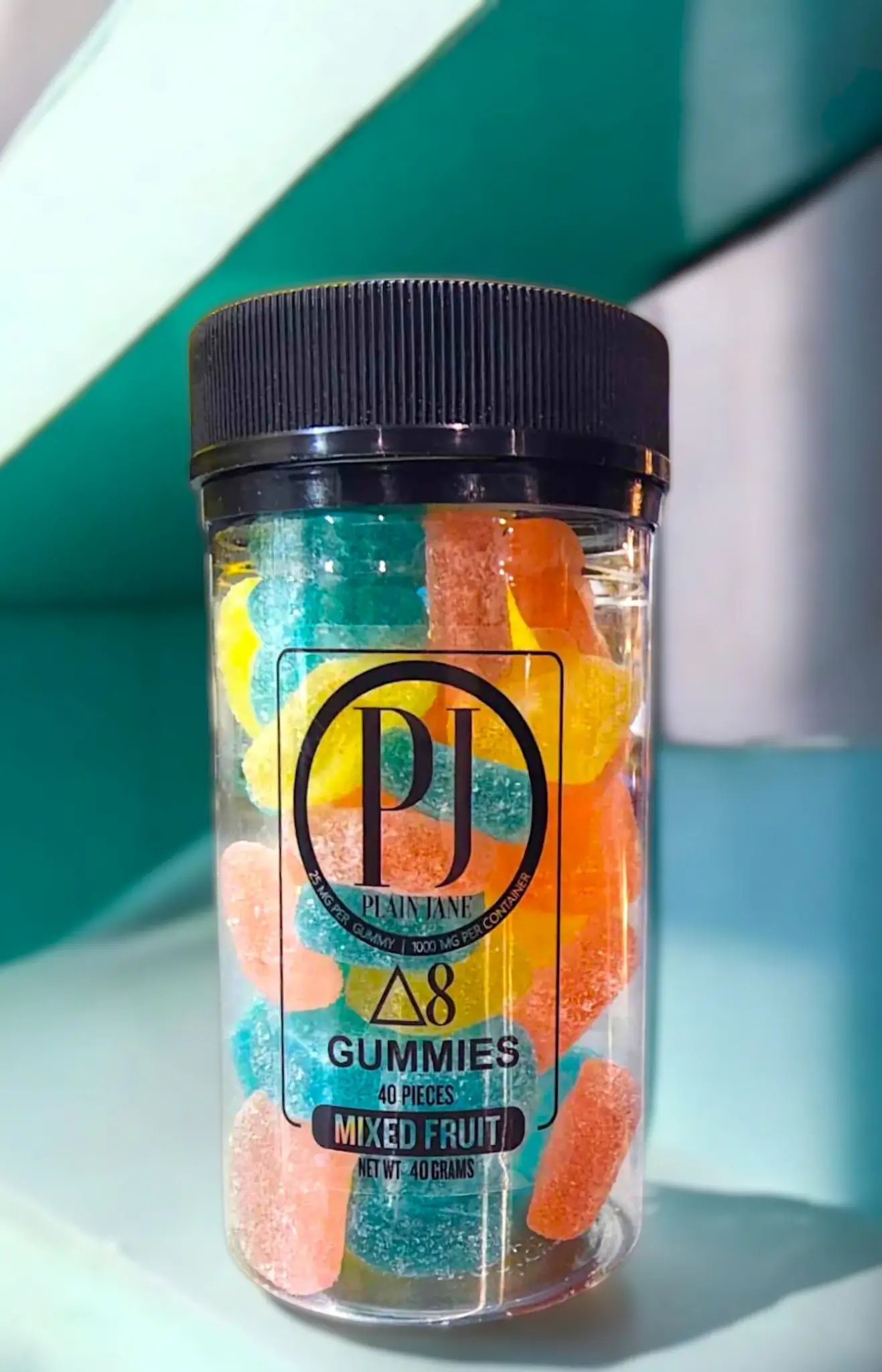
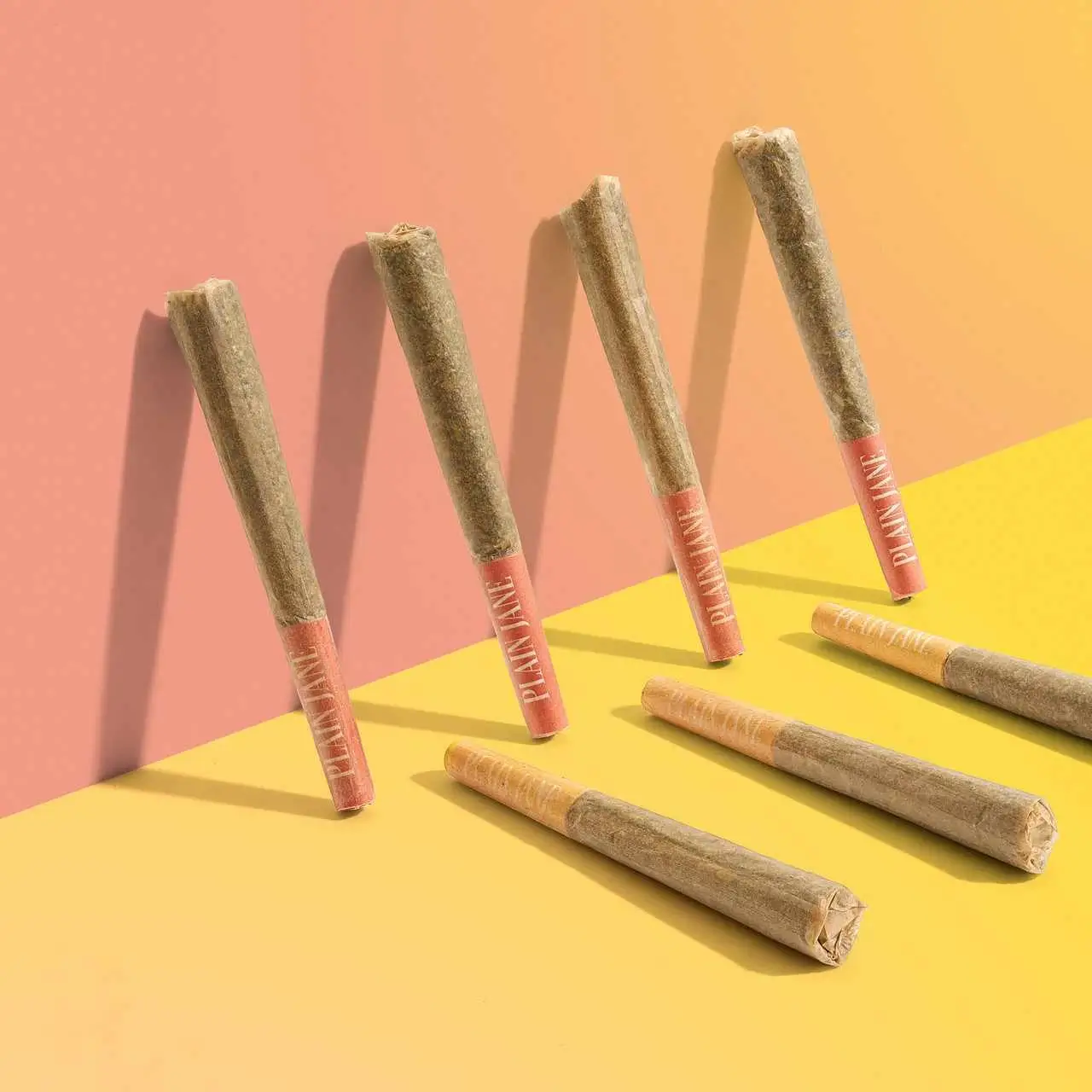
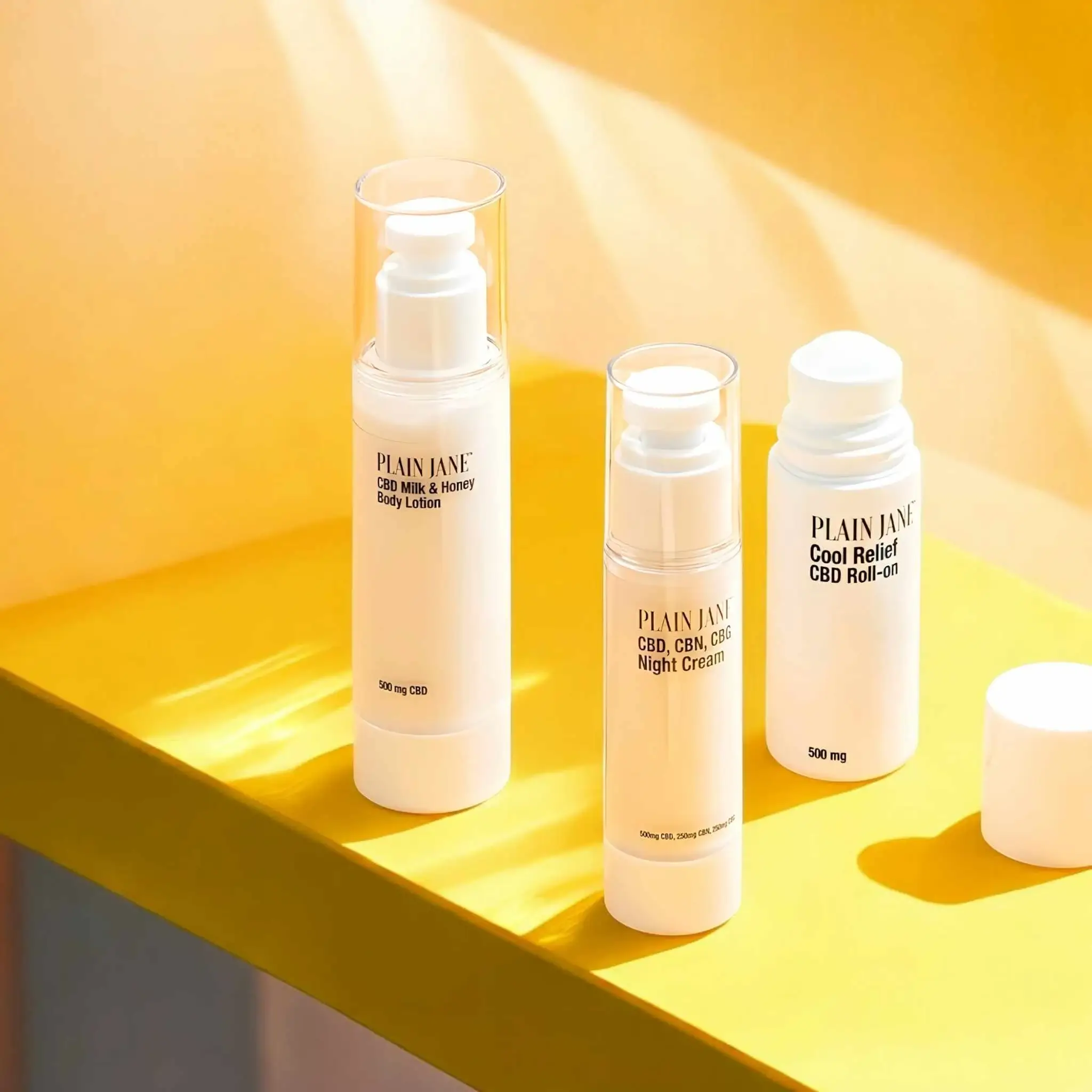
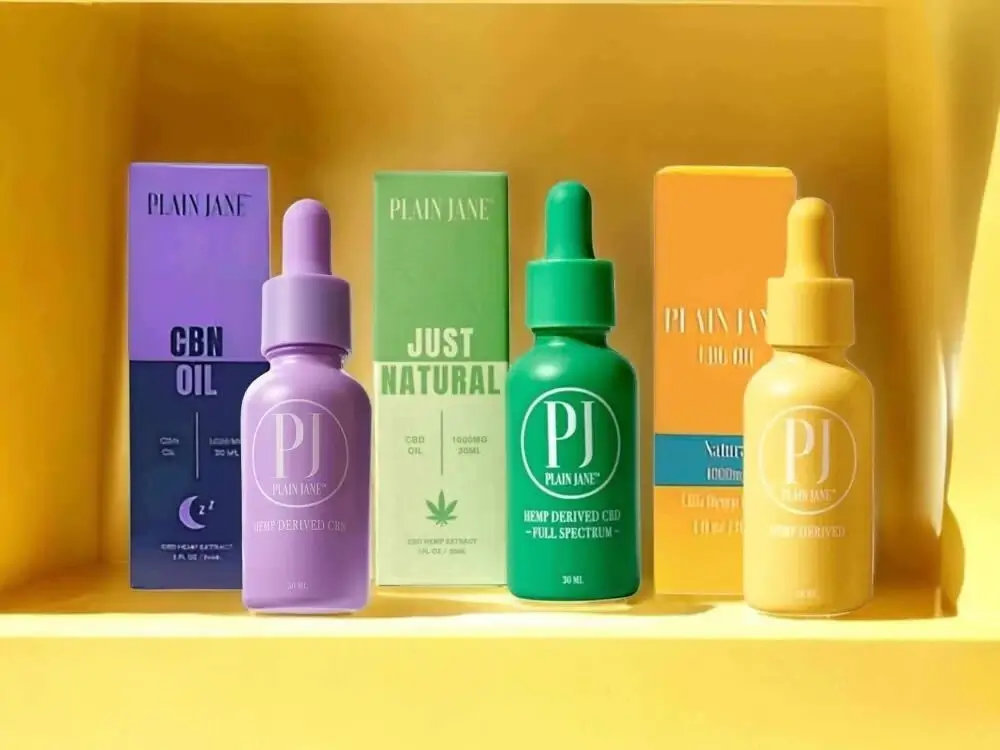
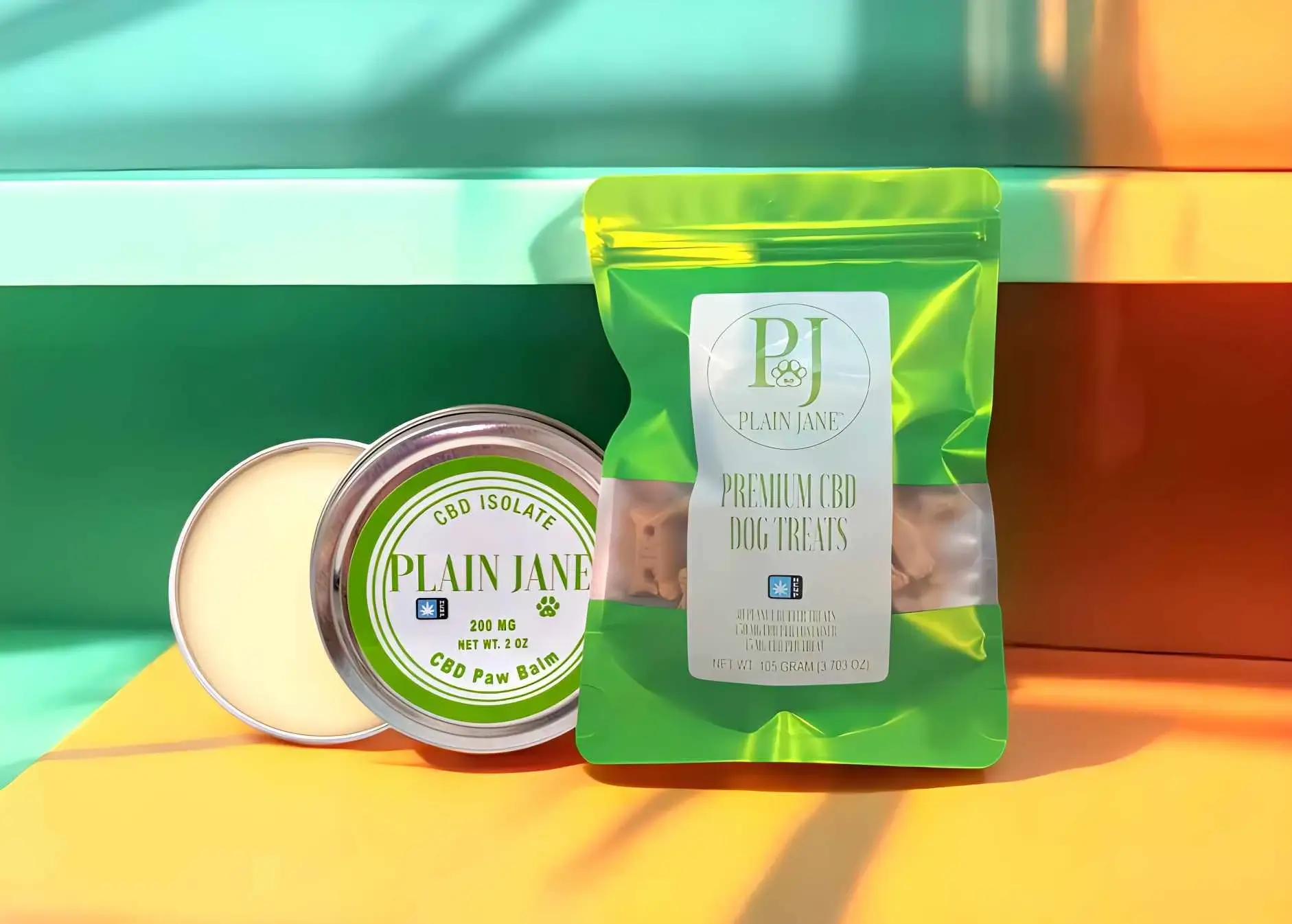
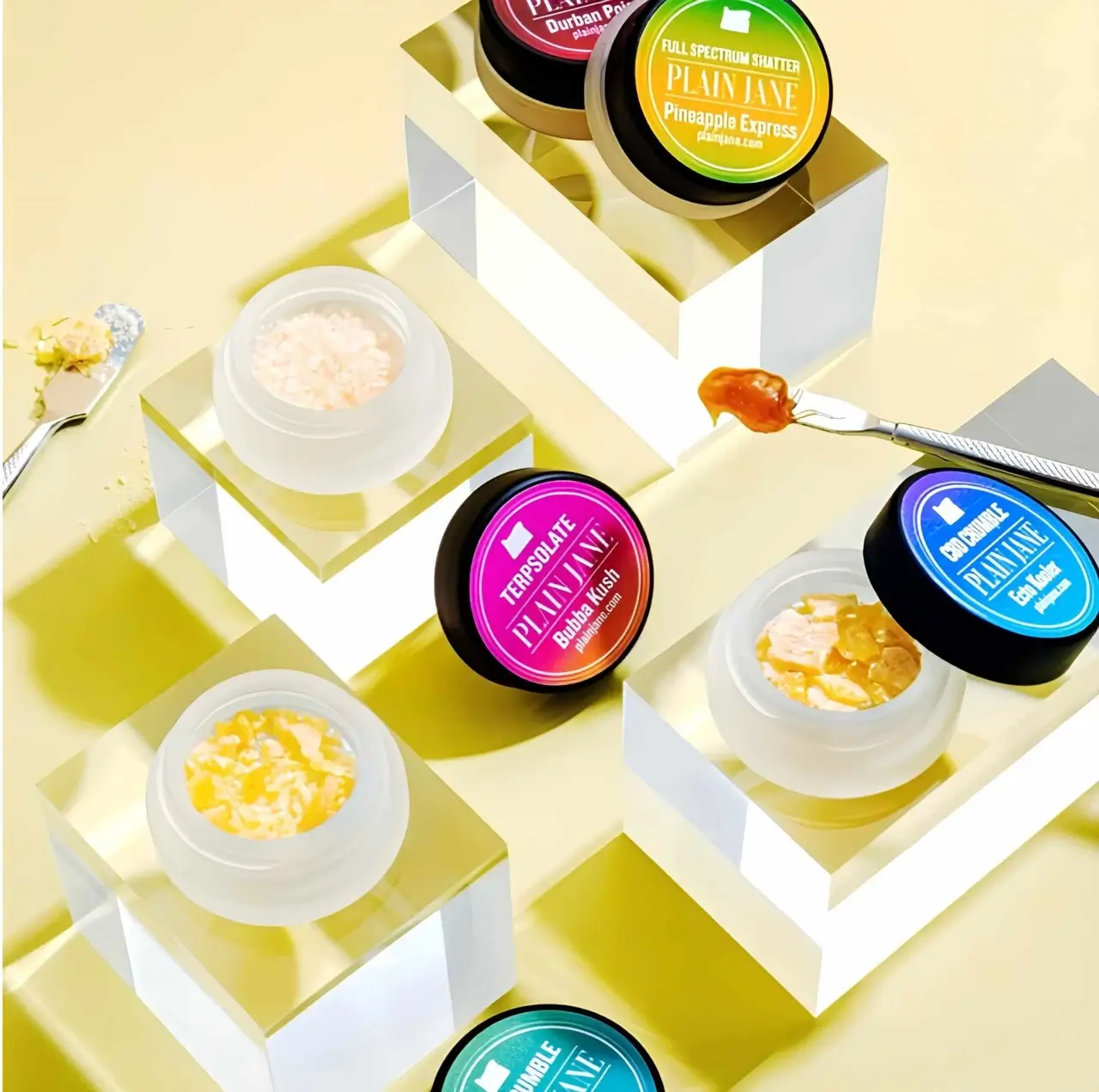
0 comments